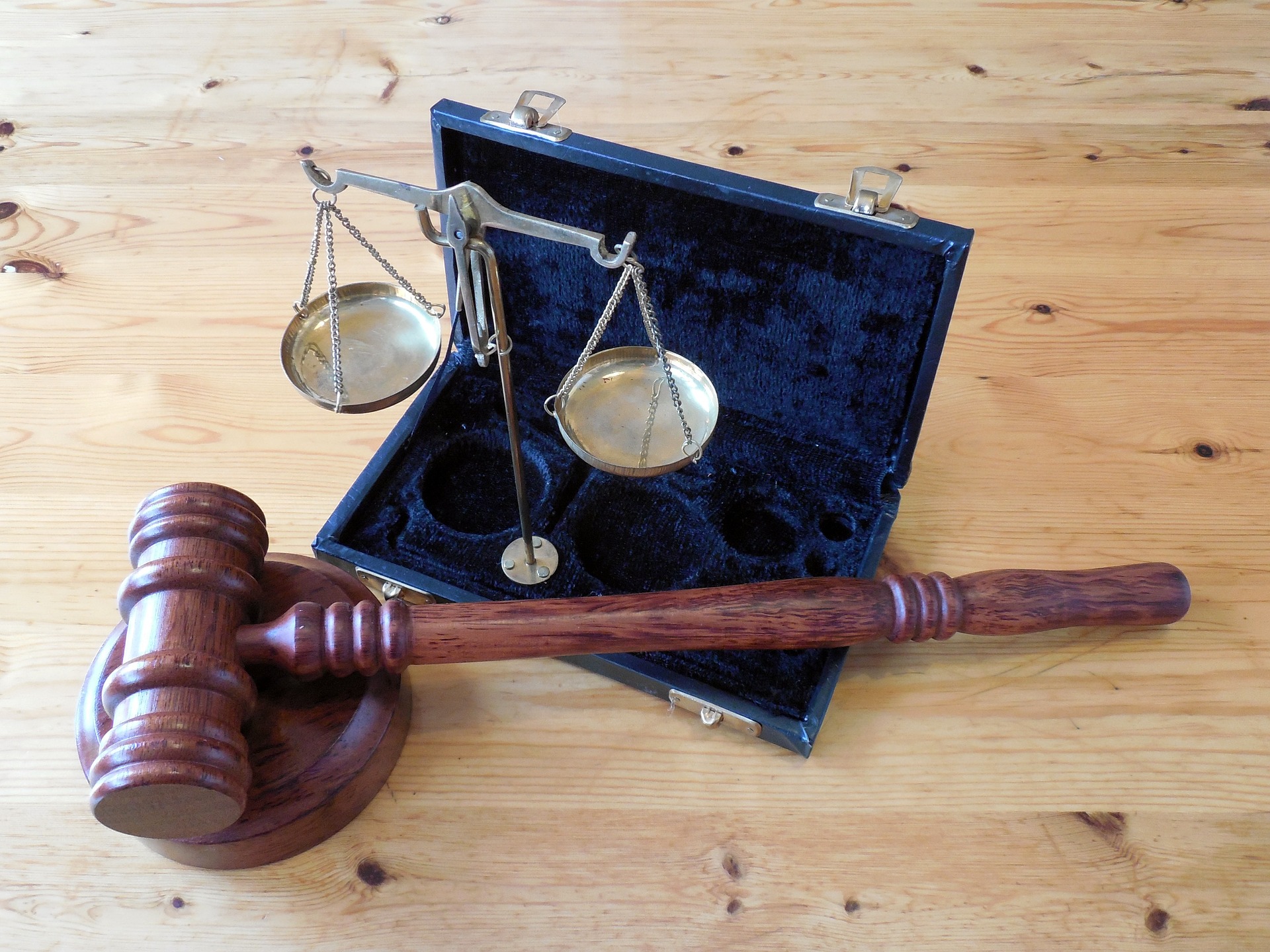New Ohio Ethics Guides Released

Many attorneys are not aware that in addition to overseeing all disciplinary cases tried against lawyers and judges in Ohio, the Board of Professional Conduct is constantly working to provide guidance and assistance to Ohio’s lawyers and judges. The Board regularly issues Advisory Opinions, and, in recent years, the Board has also taken on the task of issuing ethics guides covering a range of issues commonly-faced among lawyers and judges.
The Board recently issued two new ethics guides that address issues faced by transitioning lawyers and judges. The first focuses on common issues attorneys face when transitioning from one firm to another; the second focuses on areas of concern when an attorney transitions from the practice of law to a judicial position.
The Ethics Guide on Switching Law Firms provides guidance for the transitioning lawyer, the former law firm, and the new law firm on a range of topics, including:
- Communicating with clients about the lawyer’s departure and the client’s options for future representation;
- Maintaining client confidentiality before, during, and after the transition occurs;
- Avoiding conflicts of interest that may result from the transition;
- Complying with any duties owed to clients once representation is terminated, such as returning client files, accounting for monies held in trust, and providing sufficient notice to allow reasonable time for clients to find new representation;
- Determining if, and how, the departing lawyer and law firm will divide or share fees, especially if the client’s representation was on a contingent-fee basis;
- Soliciting clients; and
- Avoiding any restrictions on a transitioning lawyer’s right to practice, which also restricts a client’s freedom to choose a lawyer.
The guide also briefly covers permissible planning actions and tort and agency law theories that may apply as a lawyer transitions to a new law firm. Included at the end of the guide are various sample forms and a checklist to assist with the transition process.
The Ethics Guide on Transition from the Practice of Law to the Bench addresses the steps necessary for a lawyer to transition from the practice of law to judicial office. The steps outlined include:
- Prohibiting the practice of law once the incoming judge receives and files the Governor’s commission, takes the oath of office, and assumes judicial office, with a few exceptions;
- Protecting the interests of active clients via a five-step checklist;
- Arranging for clients to obtain their open files;
- Accounting for and returning any unearned fees and client property;
- Winding up financial matters and transferring financial interests;
- Removing the incoming judge’s name from the firm name and the firm letterhead;
- Disqualifying himself or herself in any proceeding in which impartiality may be reasonably questioned, unless waiver from all parties and counsel applies and is received;
- Terminating employment as an independent contractor or employee of a business entity, and terminating service as an officer, director, manager, general partner, or advisor for a business not owned by the incoming judge or his or her family; and
- Determining whether real estate held by the incoming judge or his or her family will require frequent disqualification.
We recommend lawyers and judges review these ethics guides, utilize the advisory services offered by the Board of Professional Conduct, and visit the Board’s website for additional information.
Law clerk Melissa Springer contributed to this post.